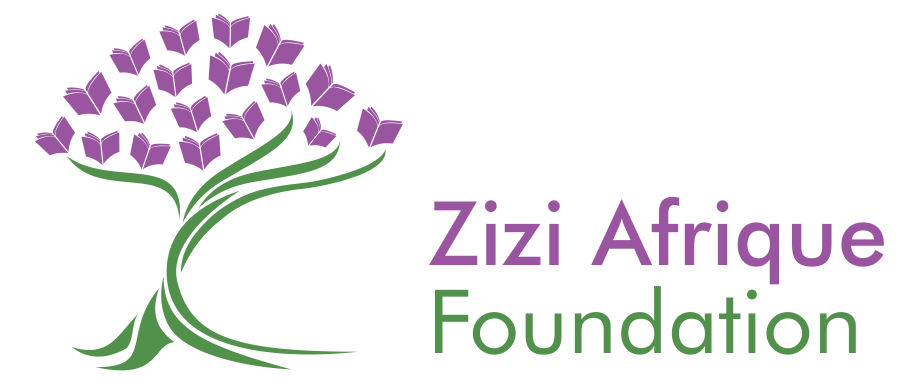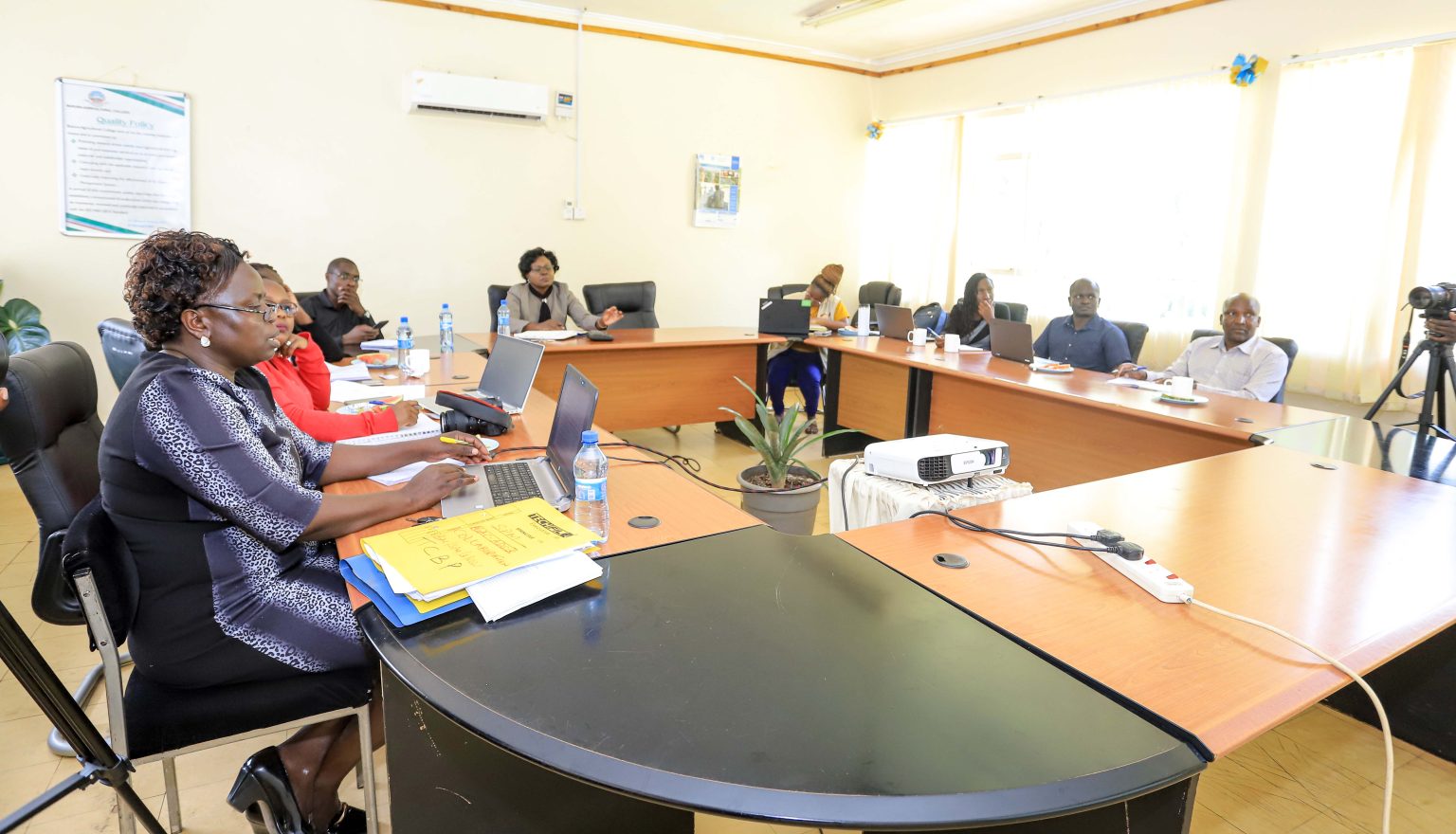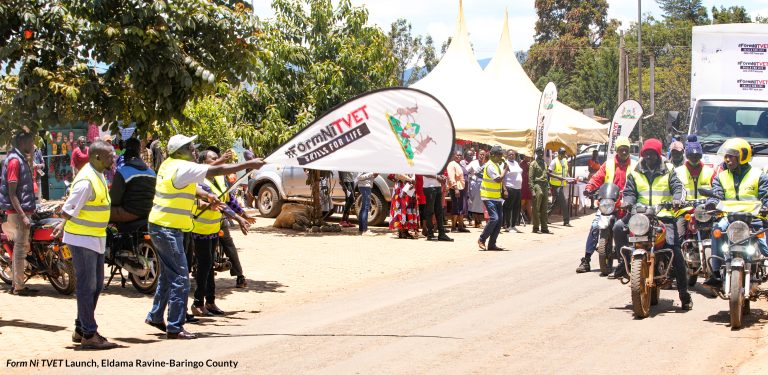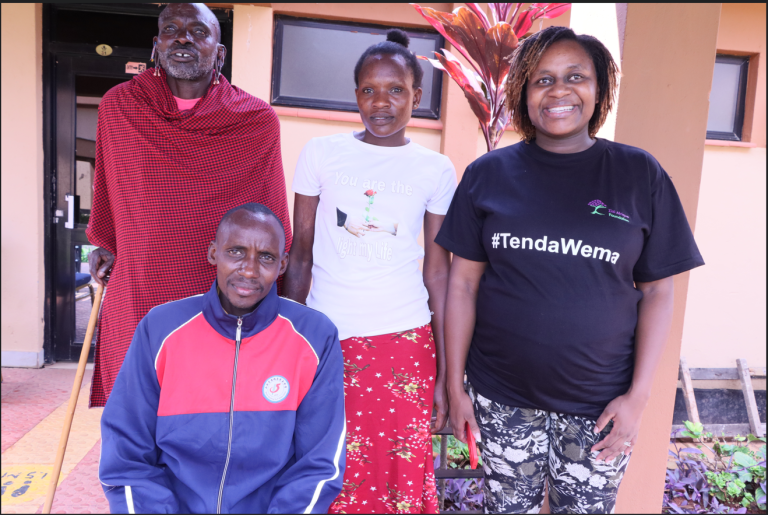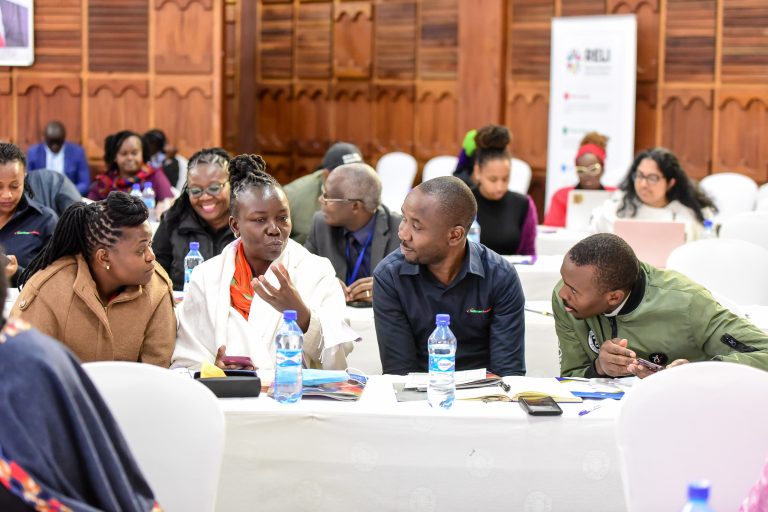As we navigate through an increasingly fast-paced and ever-changing world, the concept of capacity-building has become more crucial than ever. Whether it’s enhancing skills, honing abilities, or leveraging resources, the process of capacity-building is essential for individuals and institutions to not just survive, but thrive in the modern world. This holds true, particularly in the realm of agricultural production where effective training plays a pivotal role in ensuring sustainable and efficient practices.
In Kenya and many other developing nations, there is a significant contrast: a growing youthful population alongside aging farmers and increased instances of poverty and food insecurity. The younger generation’s preference for alternative sources of livelihood has led them to avoid the agricultural sector. Therefore, it is crucial to engage young people and women to develop their agripreneurship skills. The benefits of involving youth in agripreneurship are far-reaching, including providing a source of livelihood, enhancing food security for both rural and urban populations, reducing youth unemployment and poverty, and increasing the adoption of technology in the agricultural sector.
To promote the involvement of youth and women in the agripreneurship, Zizi Afrique Foundation, Welt Hunger Hilfe (WHH), and Anglican Development Services-Kenya are partnering with three Agricultural Training Colleges (ATCs) to implement the greening enterprise business project. The project aims at promoting green skills of women and youth with a focus on priority greening value chains such as horticulture, aquaculture, poultry, and dairy farming among others. The project activities include the review and contextualization of the curriculum for short-term training, capacity building of trainers, who are also specialists, on the curriculum, and networking for the exchange of best practices and knowledge transfer. For instance, in July 2022, a networking initiative brought together 12 specialists of Bukura Agricultural College to visit Latia Agribusiness Training Centre-Kajiado, Miramar International College-Kikuyu, and Baraka Agriculture College-Molo. The aim of the initiative was to capacity-build staff for the purpose of enhancing their competencies and minimizing gaps in the curriculum being implemented with the aim of enhancing the employability of the graduates. The specialists were drawn from the various value chains.
The mandate and reputation of Technical and Vocational Education and Training (TVET) institutions are dependent on their ability to produce qualified young people who will be competent in starting and successfully running and growing their own businesses or excelling at the workplace. The TVET trainers’ exchange visits were meant not only to contextualize the curriculum in use but also to align the training to the market demands. As Mrs Evelyn Lusimbo, the Bukura Head of Operations observed, networking of institutions, though costly is ideal for them as they can learn new models that include market analysis, and this will equip them with the capacity to provide training guided by market demand.
According to Prof Mwenja Dominic, the founder of Miramar International, the collaboration of TVET institutions was timely since it would enhance the cross-pollination of ideas among the institutions. He further emphasized the need to maintain an alumni network for the trainees as it would help in marketing the trainees by linking them to jobs and internships.
“Without strong alumni relations, your prospect pool will be significantly reduced, and your chances of significant fundraising success compromised. Alumni have the potential to be your most loyal and generous supporters,” he advised.
The trainers resolved to participate in joint research with Latia on areas like Agrivoltaics, a solar panels project that can be used to improve crop production.
“We wanted to see how crops would perform if grown under these panels,” said Wairimu, the project head. “Doubling the output on the same patch of earth to generate power and cultivate food can go a long way towards helping people with limited land resources”.
The networking culminated in the four institutions agreeing to engage in a structured partnership, leading to the signing of a memorandum of understanding (MoU) which will outline the potential areas for collaboration, ranging from marketing, curriculum development, collaborative attachment opportunities for the trainees in the incubation centre and having blended research in agriculture for the trainers.
We hope that this will make agriculture interesting to the youth and women and change the narrative that it is the poor man’s occupation as it is commonly regarded to be. There is a future in agriculture, after all, isn’t there?
